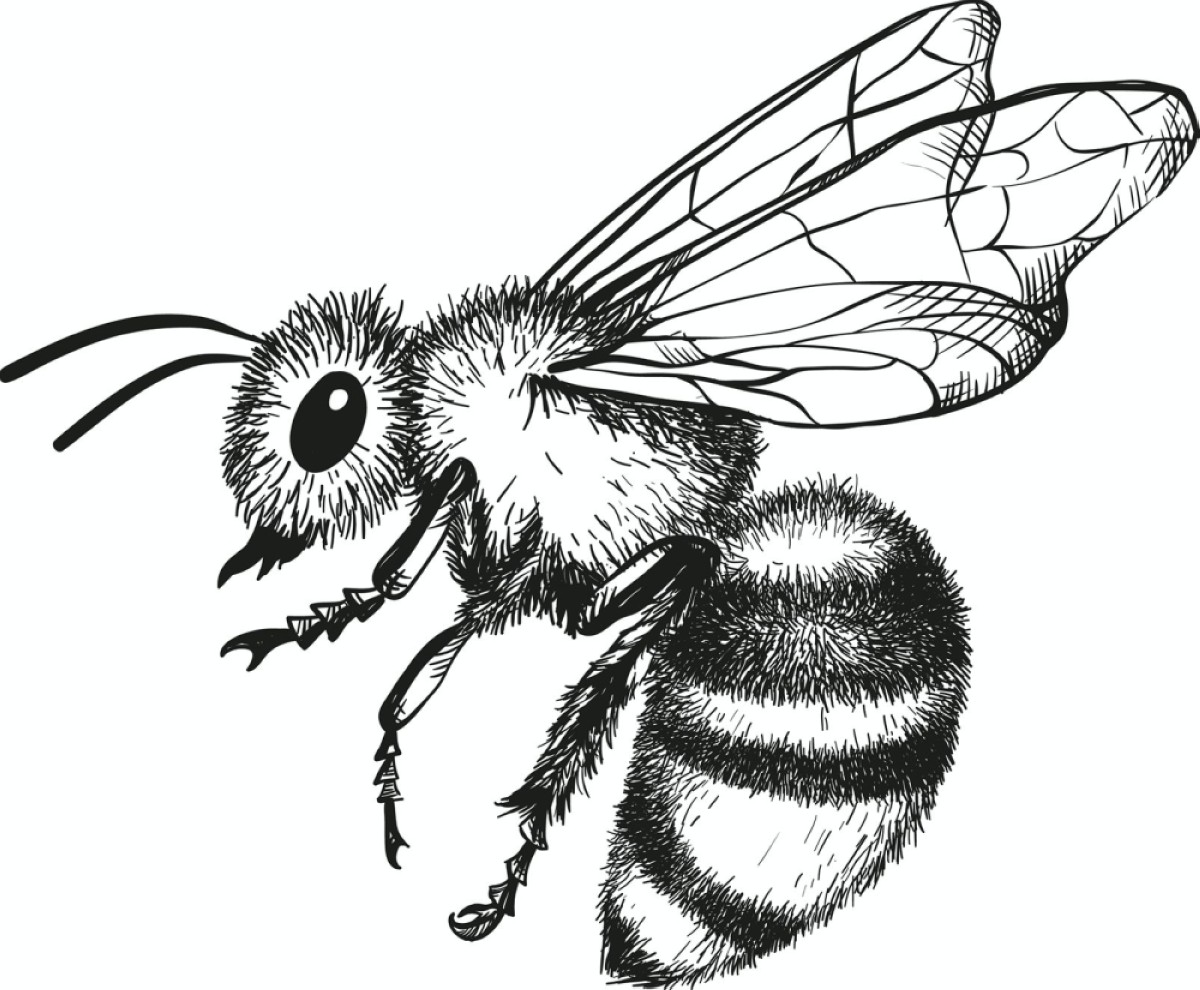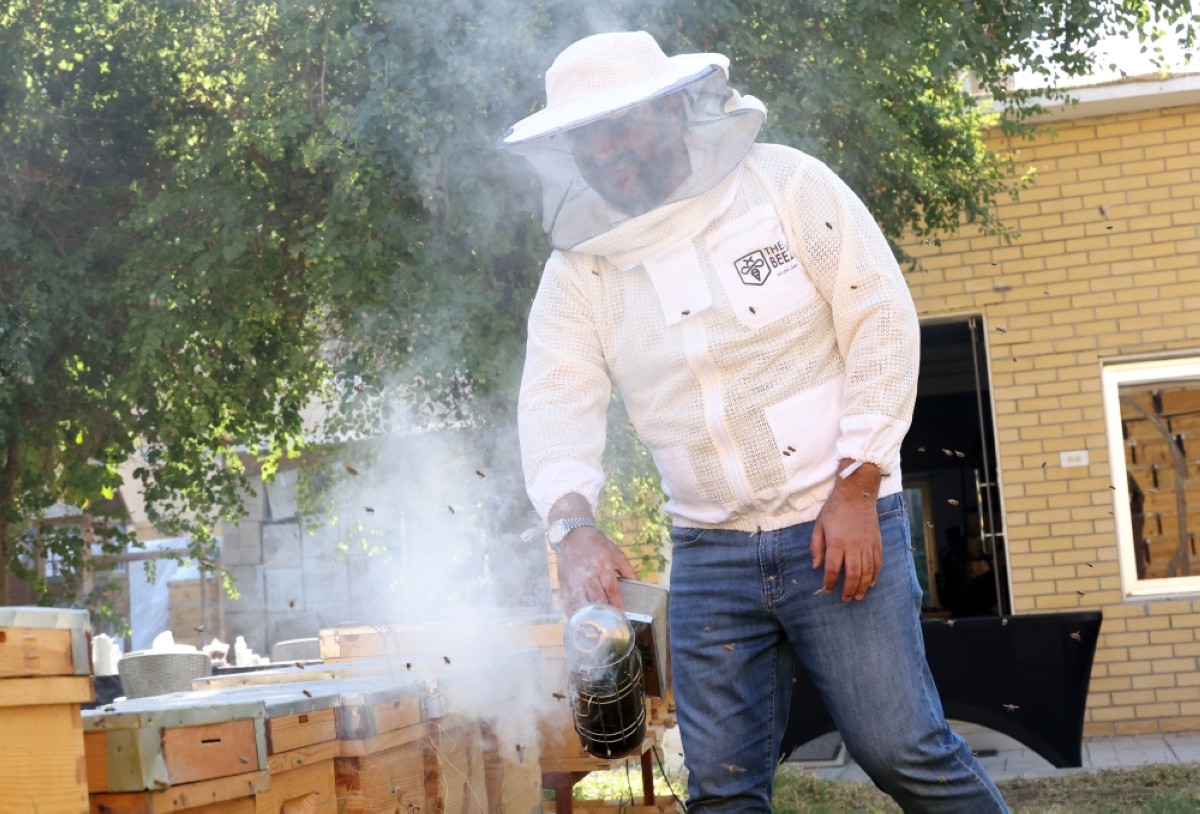Just like disciplined workers in a factory, bees work very hard in their beehives until the last minute, each trying to fulfill their various roles in a harmonious manner. Kuwaiti beekeeper Salem AlOumi described the unwavering commitment of bees which he learned about after becoming a key part of their incredible world.
As a young boy who frequently suffered from a weak immune system and seasonal infections, Oumi was initially drawn to the beekeeping industry with the goal of extracting fresh honey directly from its source, untouched by additives, to utilize its full nutritional benefits. On a day of his life at one of his bee yards, Oumi invited Kuwait Times on a journey to explain the production process of honey from scratch.
"Honeybees form a female-dominant society, with female worker bees primarily responsible for the majority of tasks,” Oumi explained. Just as employees’ roles are divided based on product lines or departments, bees in each hive have three distinct roles: the queen, of which there is only one per hive, the workers, all of which are female bees, and the drones, which are male bees.

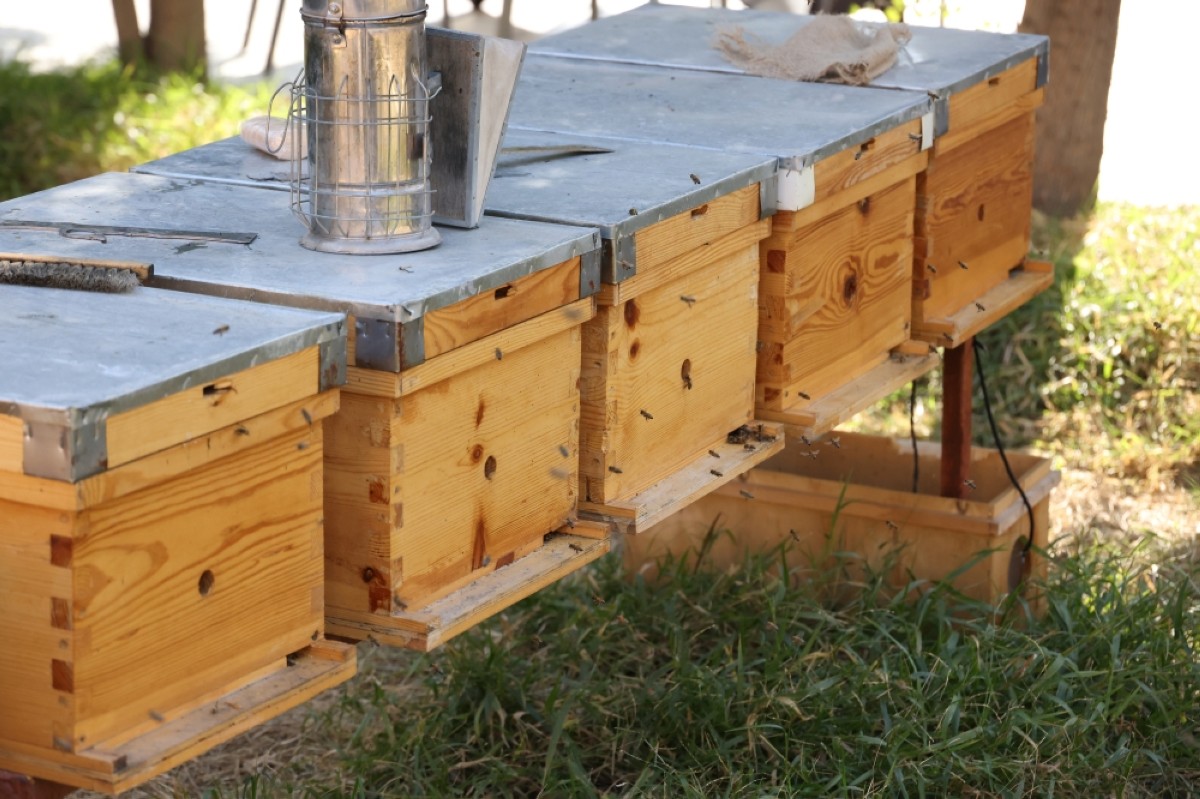

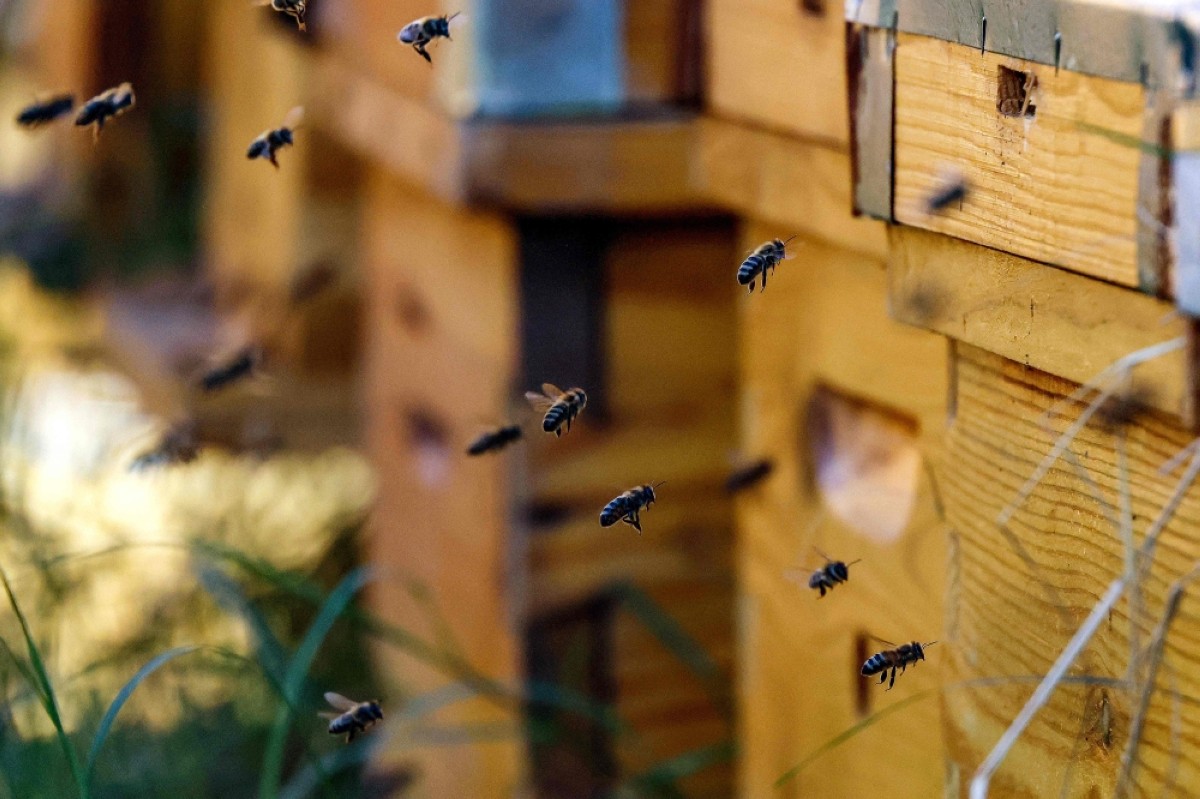

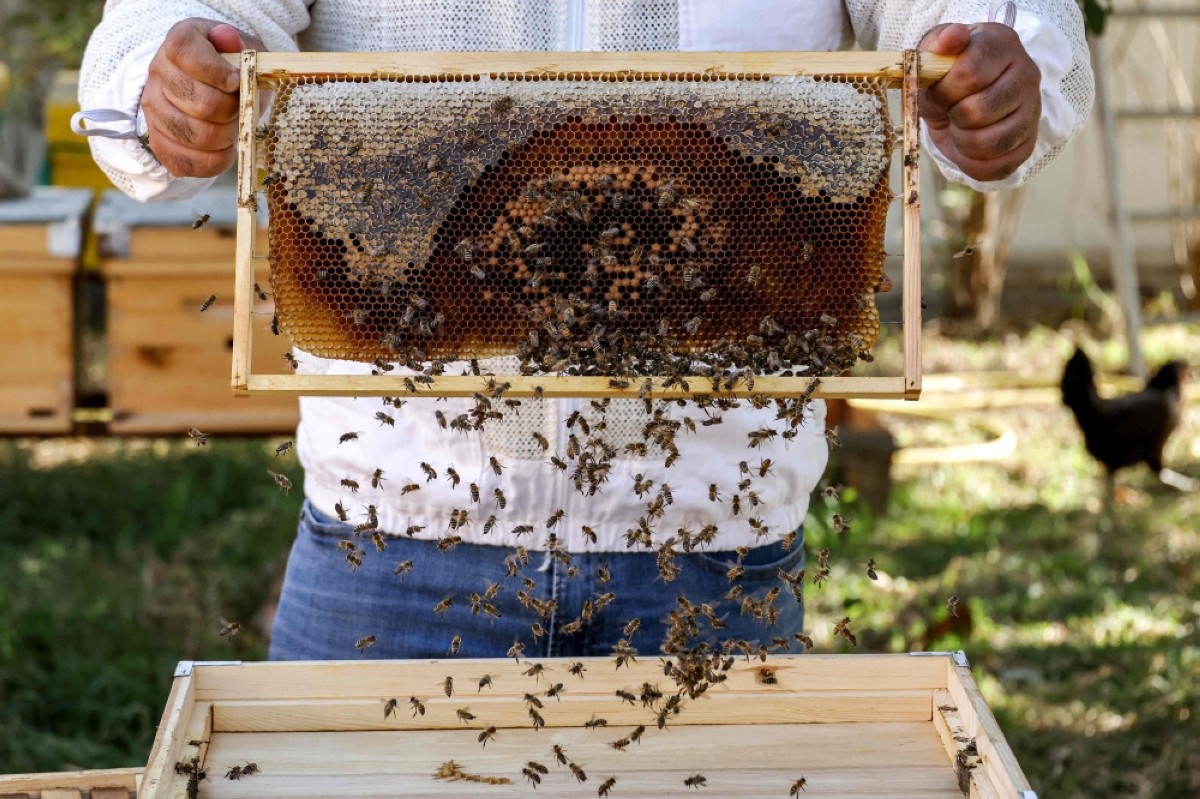
The queen, as the only fertile female in the whole hive, has the sole role of reproduction. Oumi noted that the queen leaves the hive only once in her lifetime to embark on a mating flight. During this flight, the queen mates with 15 to 20 males in a single day. After mating, she returns to the hive with the stored sperm from male bees to continue laying eggs for the rest of her life.
Clearly, from that one can easily notice that the male bees’ purpose and role are solely to mate with the queen. Meanwhile, the worker bees have numerous essential roles in keeping the hive thriving and maintaining honey production. Oumi elaborated that there are worker bees responsible for gathering nectar from trees to produce honey, others for cleaning the hive, some act as soldiers protecting the hive from any intruder, some are responsible for nursing the eggs of the honeybees, and some are tasked with caring for the queen, feeding, and grooming her.
Returning to the factory analogy, Oumi highlighted that young bees undergo a training phase before starting to fly. For approximately two weeks, they remain within the hive, attending to basic tasks such as cleaning and nursing. Subsequently, they acquire the skills of flight and orientation, learning how to gather nectar and navigate back to their hives without becoming disoriented or lost.
Bees produce a lot more than honey, Oumi said. Despite weighing no more than 0.15 grams, these tiny creatures generate six distinct products, each offering significant benefits to both humans and bees: honey, beeswax, propolis (used in hive construction), pollen (recognized as bees’ primary protein source), bee milk, and bee venom. Contrary to common fears of bee stings, bee venom serves as a valuable treatment for various diseases. Oumi highlighted that among all bee products, bee venom emerges as the most valuable, with one kilogram valued at approximately $50,000 in the global market.
However, despite all the effort that the bees undertake to increase their productivity, Kuwait’s honey, primarily extracted from Sidr tree flowers, is facing a significant decline in production in recent years, according to Oumi. This decline is attributed to climate issues and the increasing scarcity of Sidr trees which were once an essential part of every old Kuwaiti house.
As a result of these challenges, honey production in Kuwait has dropped from six kilograms per hive in 2010 to almost three kilograms, representing a substantial decrease, as highlighted by Oumi.
As Oumi shared a glimpse into the daily life of bees, he expressed his strong connection with their world, which he has been immersed in for the past few years. What started as a mere search for pure and natural honey grew into a yearning passion that he couldn’t contain, leading him to oversee 3,500 beehives in Kuwait. Just as bees devote themselves entirely to fulfilling their tasks, he too invests all his time and effort to keep this hobby growing and let the world know of the benefits of honey.

